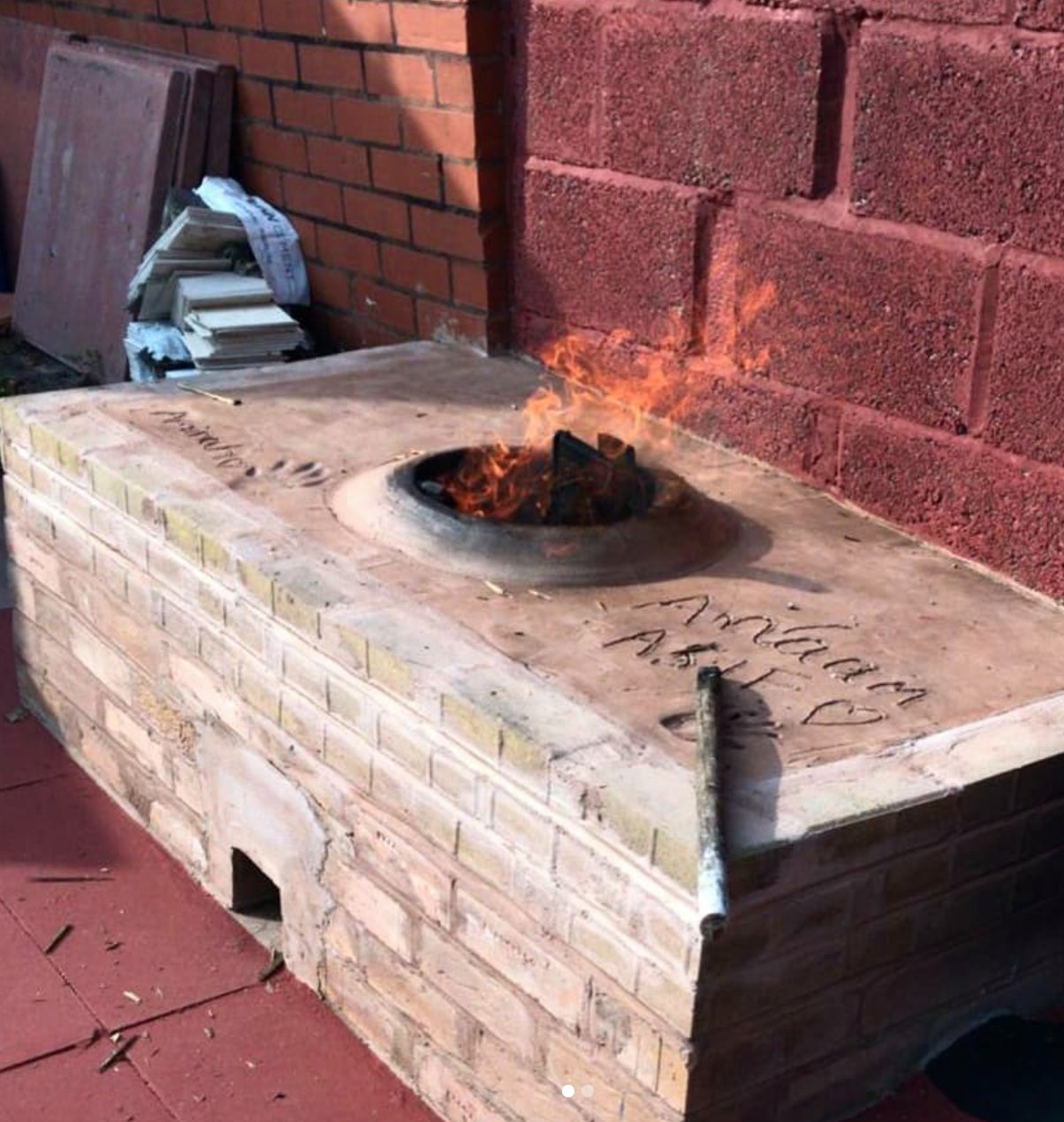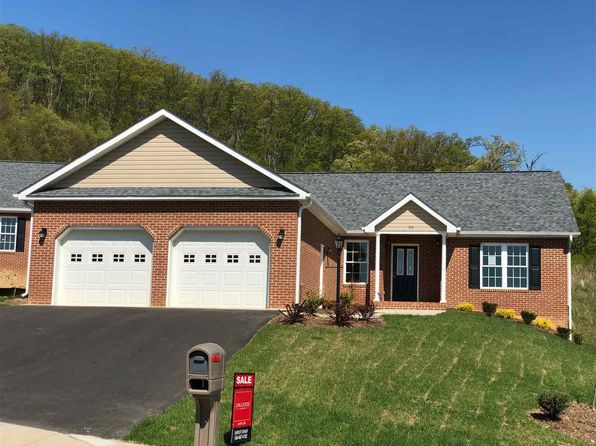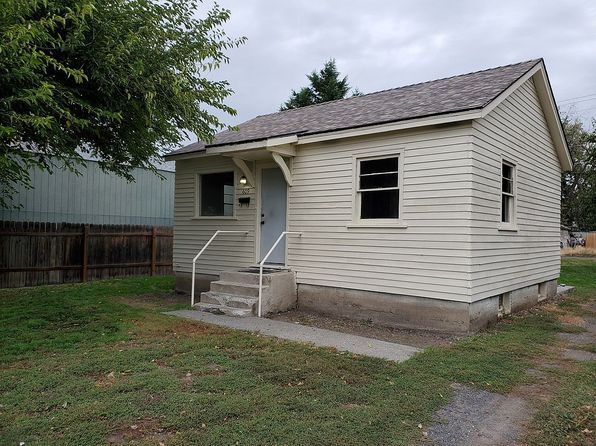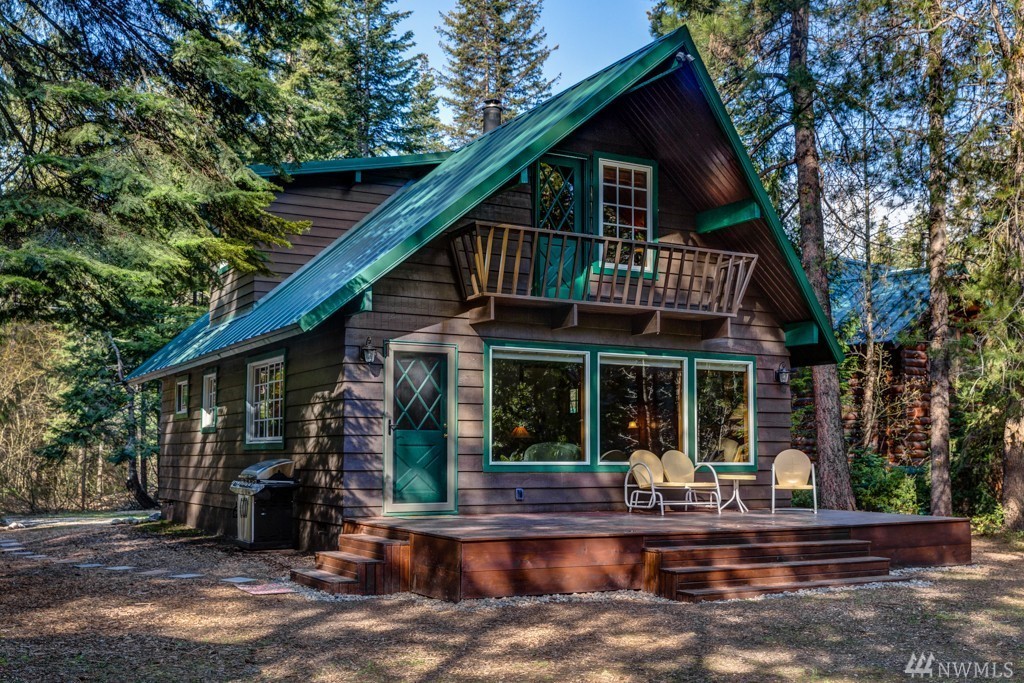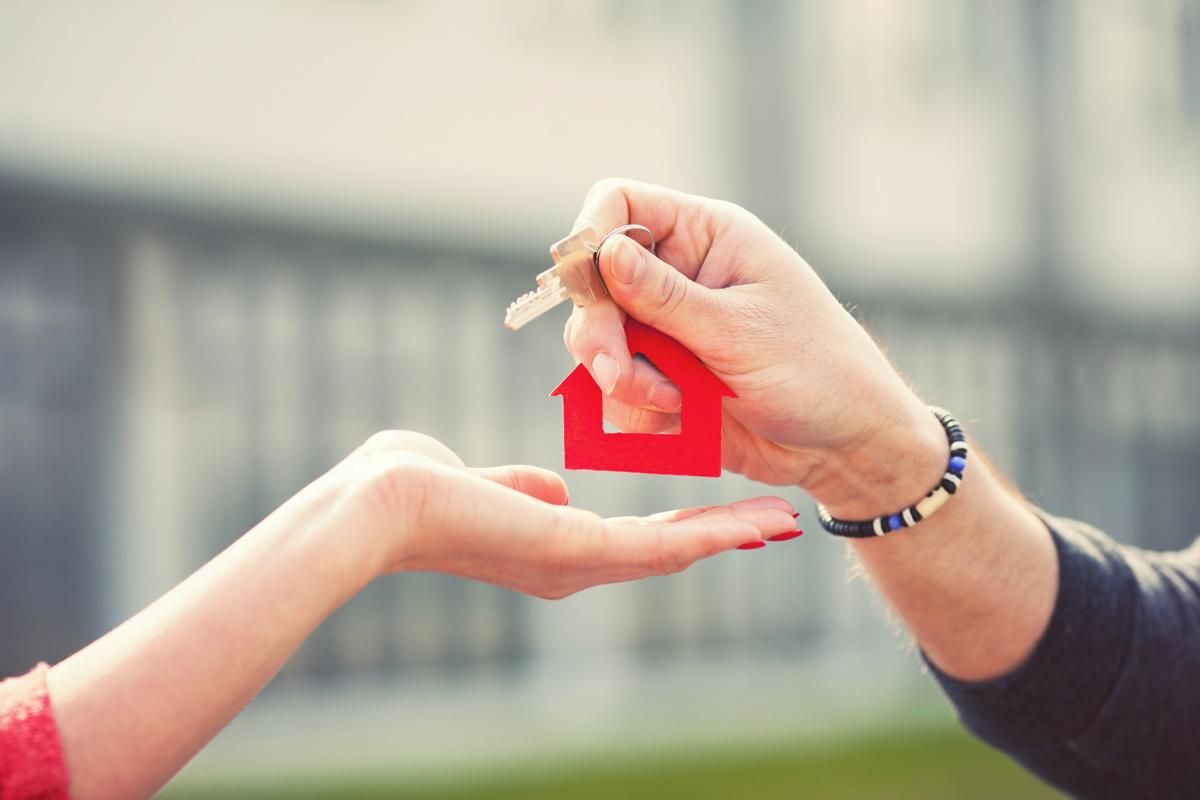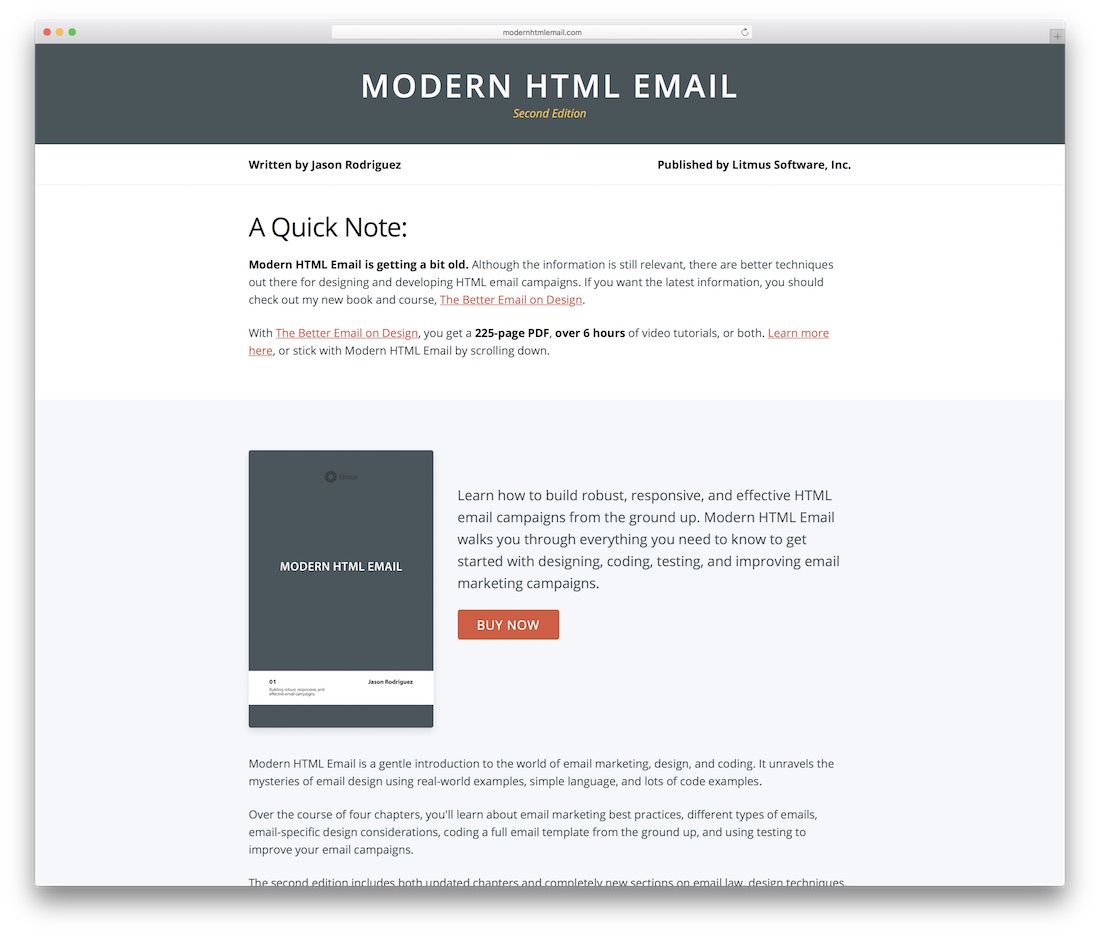Table of Content
In cold climates, a south-facing house can be too warm in the winter and may not be able to retain heat as well as a house that faces another direction. Another benefit of a south-facing home is that it is warmer in the winter and cooler in the summer. However, this may not be a desirable attribute in colder climates, and in hot climates it may not be enough to offset the increased heat exposure. North or north-east facing properties are considered the most desirable because they get the most direct sunlight through the day, especially in winter when the sun is at its lowest.

However, most of these are circulated among people solely due to improper knowledge and lack of expert guidance. South-facing gardensare in high demand in the UK; but it doesn’t mean that they are without fault. There are both south facing house pros and cons, making the appeal of a south facing garden dependent on the intended use of your room. In practice, a north facing home helps ensure that spaces only suffer from direct sunlight in the morning and afternoon during summertime. This is one option to consider, especially if your house is in an area with very warm weather. A south facing apartment always remains illuminated due to being well positioned towards the sun.
What are the advantages of west-facing house?
As already explained, as per vastu experts and from the perspective of most people, north facing houses are the best. Lord kuber, being the lord of this direction, makes it highly likely to help gain wealth for the occupants of north facing property. The main advantage of a south-facing house or garden is the amount of sunlight you’ll enjoy. “West-facing homes get the sun’s heat for longer duration than east-facing homes.

The repercussion of an undesirable house orientation covers the short and long term. You can move to another property if you rent, but if you buy or build your own home, you face costly renovation or remodeling or learn to live with its shortcomings. Pest problems – an unkempt park brings many insects and the occasional wildlife.
South facing house vastu – is it good or bad for its occupants.
One of the biggest aspects of the south facing house pros and cons, surrounds the sunlight that a south facing garden receives. Undoubtedly the biggest appeal of a south facing home is the increased level of sunlight. 1) South facing homes receive more natural light and sunlight than homes that face other directions. This can help to brighten up the interior of the home and reduce energy costs, as homes that lack natural light tend to be cooler in the summer and warmer in the winter. As you can see, despite the myths, south facing housecan be lucky for many people.
More natural sunlight is economical since adequate levels of brightness inside the house calls for less consumption of electricity, at least during the day. This plays a huge role in terms of saving a significant amount on utility bills every month. Apart from that, usage of less electricity eventually enhances the practice of leading an eco-friendly life. Amongst all the pros and cons of south facing apartments, this particular aspect can be considered as a crucial one.
How can I improve my south facing house?
Another benefit of having windows on the south side, is that it allows natural light to bathe the house throughout the day. This aspect can also lower energy use throughout the house since it minimizes the use of artificial light. Blinds – You can reduce heat gain through your south-facing windows by about 45 percent by installing interior horizontal or vertical blinds with a highly-reflective finish. Because the slats are adjustable, you can control ventilation and light as well.

So, in brief, we have covered the placement of all the important rooms in accordance to a south facing plot. Now, let’s list out some of the most crucial Do’s and Don’ts for you, if you are making a south facing house vastu. A home’s orientation is important not only for sunlight, but also for warmth. For instance, the southern exposure of a home will collect most of the warmth from the sun, and this can be both a benefit and a detriment. Radiant heat from the sun can help reduce heating costs in the winter, especially in colder climates. This allows owners ofsouth facing gardensto enjoy all the benefits of the warmth, light, and lowered bills, without worry of losing use of their conservatory in the warmer months.
A dark-colored door will absorb the heat, which can be uncomfortable in the summer. There is no one-size-fits-all answer to this question, as the answer will vary depending on your home’s location and climate. However, in general, front door facing south is often seen as a good thing. You should consult an expert Vastu astrologer to determine how well your energies are aligned with the South facing house.

This means that when you lie in bed, your head is pointed south2, and your feet are pointed north. Particularly avoid any underground water reservoir in the front side of a south facing plot. So, it is crucial to consult an expert vastu consultant to guide you choose the right placement for the main entrance. As per traditional Vastu scriptures there are certain energy fields in the south in which the entrance can be placed for better effects.
Captures more natural light in the south part of the house – reduces lighting expenses and uplifts the mood of the house interior. When you’re choosing a home, one thing you may want to consider is which direction the door faces. Some people believe that the direction a door faces can influence the energy in a home. House orientation is an important consideration in Feng Shui, and the direction your house faces can have a big impact on the energy flow in your home. The most auspicious – East, North and Northeast Vastu prescribes the East, North and Northeast as the most favourable directions that your house should face.
If your main entrance faces north and you live in a region that gets ice and snow in the winter, your home could experience greater cold-weather challenges. The front facade of a south-facing home receives more direct sunlight, so ice and snow will melt more readily than it will on the houses across the street. The south facing house pros and cons can be easily benefited from, or overcome, with a bit of careful planning. This is especially the case with conservatories in south facing gardens, which can still be enjoyed no matter the temperature.
In colder climates, a south facing home is ideal because the direct sunlight will light the home and provide warmth. In warmer climates like Arizona, a south facing home may not be ideal since the direct sunlight will require higher AC to keep the house nice and cool. The direction of the main entrance as per Vastu, is the most important aspect, while taking a rental home.
North, northeast, and northwest-facing homes benefit from clothes-drying in the backyard. Since the house is facing the sun, it can get quite hot in the summer. This can be a problem if you don’t have air conditioning, because you will likely be uncomfortable in your home. If you install solar panels on your roof, you will be able to take advantage of the sun’s energy and reduce your energy bills. 3) South facing homes tend to have better airflow than homes that face other directions. This is because the wind tends to blow from the south, which helps to circulate air through the home.
